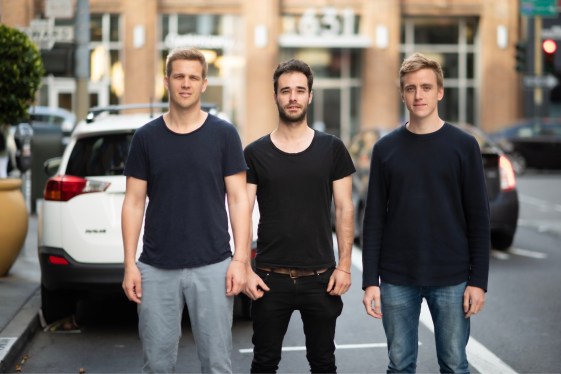Rental car startup Kyte has shut down nearly one year after slashing staff and exiting most of its cities in the United States. The company sold its customer list to Turo in July and then entered into a form of receivership in California, according to a notice sent to Kyte creditors.
Kyte fell behind on some of its loans earlier this year, leading its top lender to repossess and liquidate the company’s vehicle fleet. The board of directors explored various funding options to keep Kyte afloat but ultimately failed to secure financing, voting to wind down operations.
While Kyte transferred its customer list to Turo, many users who had pre-booked trips before the shutdown reported difficulties obtaining refunds. Some customers successfully processed chargebacks through their credit card companies, while others remain stuck waiting for their money. Kyte CEO Nikolaus Volk acknowledged that chargebacks may be the quickest way for affected customers to recover their funds.
Founded in 2019, Kyte offered on-demand rental cars delivered directly to customers’ doors. Unlike peer-to-peer platforms like Turo, Kyte managed its own fleet, positioning itself as a competitor to traditional rental services like Hertz. The company expanded to 14 markets and raised over $300 million in funding during its lifetime.
However, Kyte’s financial struggles became apparent in 2024. CEO Nikolaus Volk revealed that the company struggled to generate free cash flow in key markets such as Atlanta, Chicago, Boston, and Washington, D.C. After exploring a potential sale, Kyte opted to restructure and focus solely on its two largest markets, San Francisco and New York City.
Kyte isn’t the only rental car startup facing challenges in the U.S. Getaround, a peer-to-peer rental service, closed its U.S. operations earlier this year to concentrate on Europe. Similarly, TrueCar founder Scott Painter shifted away from vehicle subscriptions in 2024 after his venture, Autonomy, failed to gain traction.

